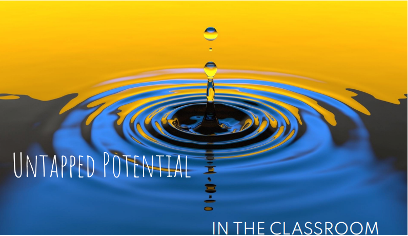Chemistry Shorts announces the release of a new hands-on experiment geared to students grades 9 through 12 to investigate freezing as a method of desalination
The new lab experiment has been added to the existing lesson plan (pages 19-26) for the newest Chemistry Shorts short film “Untapped Potential,” which highlights both the critical challenges and chemistry-inspired innovations in water supply, re-use, and purification.
In this experiment, students will take on the role of a water quality engineer, attempting to create fresh, drinkable water from simulated sea water. The experiment explores fundamental properties of water and allows students to use both qualitative and quantitative methods to interrogate a potential problem-solving technology. To fit the needs of different classrooms and equipment availability, the experiment materials include suggested modifications, as well as background reading and connections to chemistry topics like freezing-point depression and thermodynamics for more advanced classroom discussions.

The Chemistry Shorts film series, presented by the Dreyfus Foundation, spotlights the positive impact of chemistry on modern life as scientists work to solve important problems and create new opportunities that benefit humanity. Learn more about Chemistry Shorts and see all of the films, lesson plans, and experiments in this series at chemistryshorts.org.